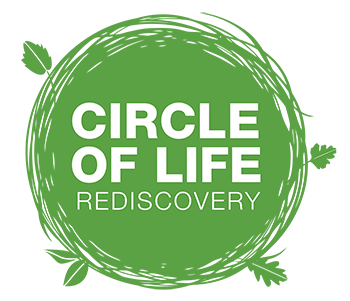Unit 3: Therapeutic Communication
We have distinguished between effective communication and therapeutic communication because if you are working with young people who are displaying challenging behaviour or anxiety then it is really useful to understand how you can support them.
Our fundamental position is that any display of behaviour that is outside of a healthy range of emotions (remember we don’t just need ‘happy’ feelings to be in our groups) signifies a need. How can we best meet that need.
We often need to be aware of our own needs and emotions as practitioners into order to feel able and comfortable to support young people who are finding everyday life more difficult. The information in supporting documents comes from Margot Sunderland, who is author of many excellent books (including What Every Parent Needs to Know: Love, Nurture, Play with your child) and is a British child psychologist and psychotherapist.

